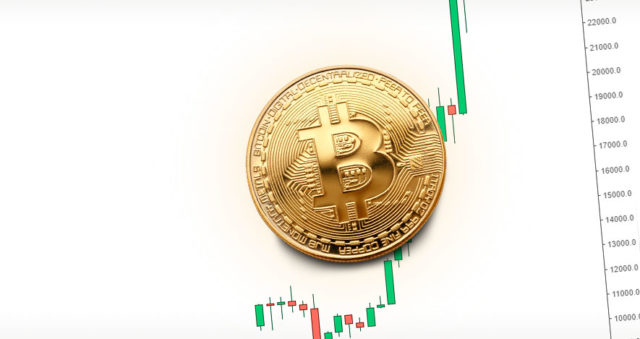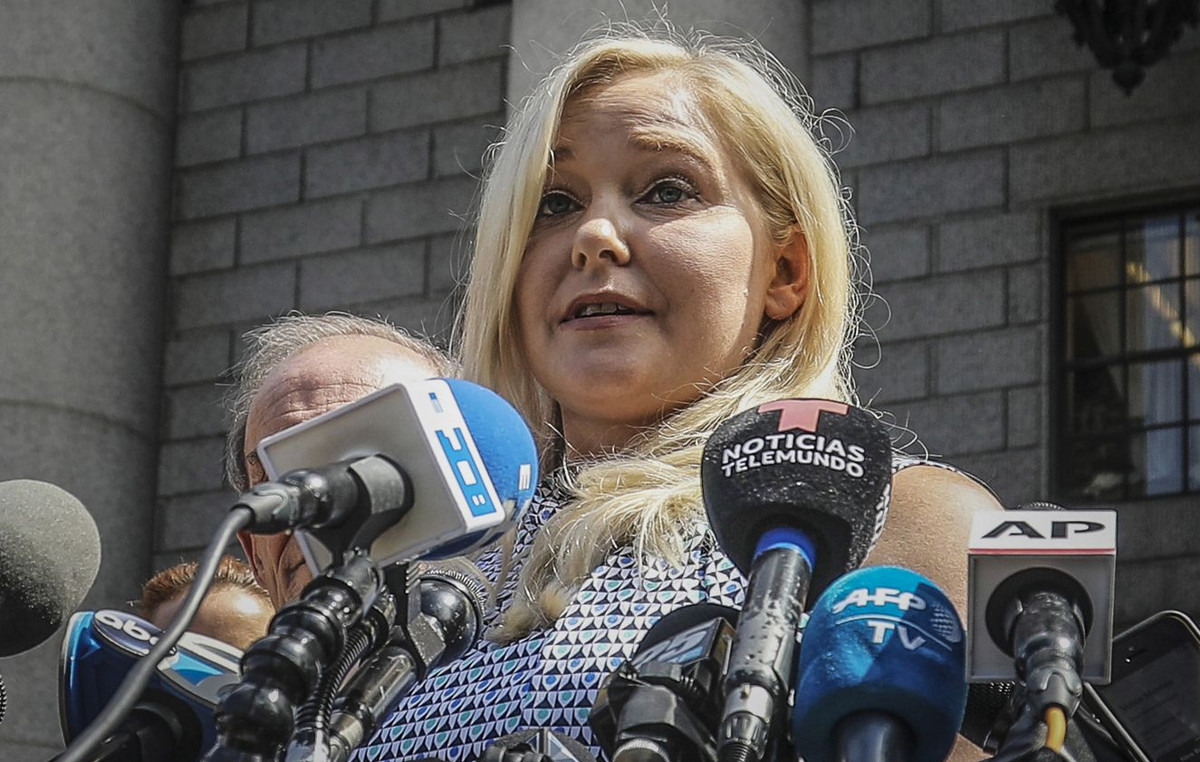The French go to the polls for the first round of the country’s early legislative elections. Voting will be carried out in 2 rounds. The first is scheduled for this Saturday (29) in some French territories and for Sunday (30) in France. While the second round will be held on the 6th and 7th of July. In the end, 577 deputies will be elected.
Opinion polls predict that the far-right National Meeting (RN) party could win, but without an absolute majority.
A new poll by OpinionWay, published by the newspaper Les Echos on Friday (28), showed that RN could reach up to 37% of the popular vote, two percentage points more than a week ago.
Legislative elections would take place in 2027, after the presidential elections. However, French President Emmanuel Macron decided to call an early vote at the end of June, in an unexpectedly short period of time.
Macron dissolved the French parliament, the National Assembly, on June 9. Three weeks separated the announcement of the dissolution from the date of the first round this weekend.
In this sense, the outcome of the French parliamentary elections is difficult to predict because they involve 577 separate contests, one for each seat. In addition, the unusually short campaign could mean a different outcome than what the polls are projecting.
Why are elections held in 2 rounds?
Voters will be called to elect 577 deputies who sit in the National Assembly, the French parliament. Each district elects one deputy for a five-year term.
French legislators have the power to debate, propose, amend and vote on laws, as well as to regulate government actions.
Legislative elections are organized by majority vote in two rounds. The first round of the 2024 legislative elections is scheduled for Sunday (30). Exceptionally, voting begins this Saturday (29) in Guadeloupe, Guyana, Martinique, Saint Barthélemy, Saint Martin, Saint Pierre and Miquelon and French Polynesia. They are all French territories.
According to information from BFM TV, CNN affiliate in France to qualify to contest the second round, the candidate must obtain at least 50% of the votes in the first round.
In the second round, scheduled for the 6th and 7th of July, a simple majority is enough to be effectively elected to Parliament.
Voters can only choose one candidate. The system allows voters to vote in the second round for the party of their ideological preference, even if their first candidate has not advanced in the dispute. Therefore, many consider a fairer system of representation.
Results
According to the French government’s official website, polling stations open at 8am (3am Brasília) and close on the same day at 6pm (1pm Brasília). In some municipalities, voting only ends at 8 pm (3 pm Brasília time).
Voting is declared closed at 8pm (3pm Brasília) at the latest. The first exit poll results begin to be released as soon as the polls close.
The results of the first round of legislative elections will be released gradually after voting closes in website of the Ministry of the Interior from France.
Unexpected election
Macron called early legislative elections after his centrist alliance was defeated by the far-right party, National Rally (RN), in the votes for the European Parliament, held between Thursday the 6th and Sunday the 9th of June.
After initial projections, the far-right party Reunião Nacional (RN) came out on top with 31.5% of the votes, more than double the participation of Renascimento, which came in second place with 15.2% of the votes, just ahead of the socialists, in third with 14.3% of the votes.
In a celebratory speech after the poll was published, RN leader Jordan Bardella called on Macron to dissolve the French parliament, calling the difference between the two parties a “scathing disapproval” of the president.

Within an hour, Macron delivered a national address, announcing that he would dissolve the French lower house and hold legislative elections. Under the French system, separate elections are held to choose the country’s president, which are not scheduled again until 2027.
On Thursday, June 13, political parties representing the French left stated that they had reached an agreement to form a “Popular Front” to contest early parliamentary elections.
Macron’s decision also plunged France into uncertainty and worried European neighbors and financial markets.
Advance of the Far Right
The far-right National Rally (RN) party extended its lead in a poll published on the last day of campaigning ahead of the first round of France’s parliamentary election on Sunday (30).
Marine Le Pen’s party has been leading the polls and a survey showed that the group is on track for a narrow majority.
BFM TV, in a different survey compiled by Elabe, calculated that RN and its allies could win 260 to 295 seats in the new Parliament – potentially surpassing the 289-seat barrier for an absolute majority. This would give the party a clear mandate to govern.
After Sunday’s first round, RN’s rivals may unite and remove candidates in tactical moves to defeat far-right candidates in the second round.
However, the prospect of a government led by the far-right party or political paralysis in the French Parliament have worried financial markets as well as other countries neighboring France.
Source: CNN Brasil
Bruce Belcher is a seasoned author with over 5 years of experience in world news. He writes for online news websites and provides in-depth analysis on the world stock market. Bruce is known for his insightful perspectives and commitment to keeping the public informed.







